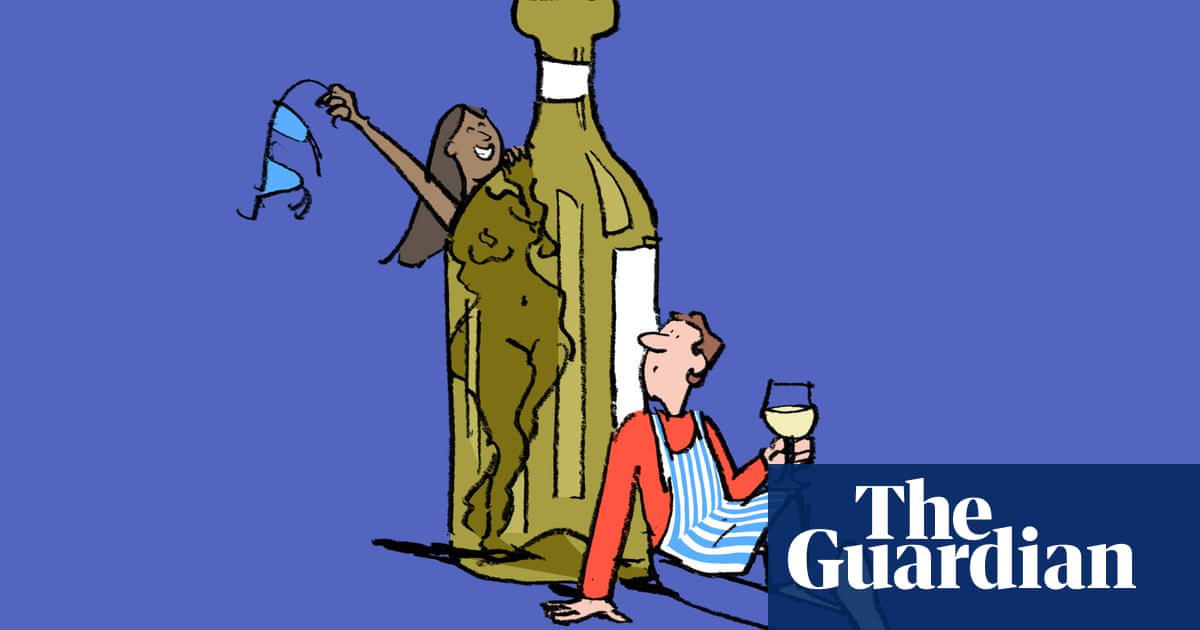
My boyfriend and I have been together for five years; I’m in my late 20s, and he’s in his early 30s. We met a few months after my previous relationship ended, and we’ve been very happy. Last year, we moved abroad and have become closer – learning more about each other, what we need from each other, and how to argue effectively. We spent the first lockdown, just the two of us, in a new country, and came out stronger.
However, over the past few months we have been discussing whether we want to get married and have children. We’ve talked about it openly, and agree that we’re not sure. We feel as if our relationship is almost perfect – but not quite. We are not particularly passionate: we have sex relatively regularly, but don’t get as excited about it as we wished we did. Because we don’t see our future together as inevitable, and can imagine a future apart, we worry that’s a sign there’s something wrong.
None of these issues is new, I’ve felt them for a while and think he has, too; they are just more important now that we’re considering our future. And while I’m not desperate to have children at this point, I am conscious of my body clock – and I don’t want to be faced with this decision in another five years’ time when it feels too late.
I don’t want to lose a great relationship, but equally don’t want to end up in a marriage that’s not quite 100% (as my parents did, then divorced, and now don’t talk to each other), if there’s a possibility of something even more perfect. Where do I go from here?
While it’s good to think carefully about life decisions, they are not mathematical problems with a definite answer. Sometimes we just don’t know, and we never have guarantees.
Sarah Calvert, a relationship psychotherapist (cosrt.org.uk), thought the key to this might be in your last paragraph, when you talk about your parents. She felt there were two levels to your issue: the surface one, concerning you and your boyfriend, but also “an underlying issue of relationships, expectations and fears. We learn about ourselves in our family of origin, and I wonder how your parents’ relationship has impacted on you.” You seem to be equating your parents’ relationship not being 100% with divorce. Lots of relationships start as ordinary and become staggeringly happy and successful; others begin picture-perfect and end up in devastation.
“Your relationship has many positives,” Calvert said. “It might be worth looking at the pressure you’re putting on yourself to get it right; it seems you feel that if you’re going to commit, you need to commit to a perfect, ‘for ever’ relationship.”
She went on to say that, “when we’re contemplating long-term commitment, if we’ve grown up with difficult relationships, we can find ourselves becoming hyper vigilant as a guard against hurt. But this is because of past hurt, not necessarily because of the current experience.”
Calvert suggested you think about the kind of relationship you want: “What are the important qualities you and your partner want, and what’s missing? You say passion is missing now – is there a way to inject more of it?” Seeing a sexual and relationship counsellor may help. However, Calvert warned, “Pre-empting the end of a relationship can impact on how present and available one is, and an unconscious withholding often manifests as a lack of passion and desire.”
She also explained that having a view of an idealised relationship can be a way of protecting yourself, ie “This isn’t perfect, I must look for one that is,” and in so doing, never settling down.
Neither of us can tell you whether this relationship will survive, or whether the problems you speak of are harbingers of a breakup. There are many days between now and the fabled “five years’ time” of which you speak. If this relationship feels good for right now, can you allow yourself the luxury of enjoying it for the immediate future? Because another way to think about it is: why break up now?
I can tell you this, though: you are not your parents. Although that’s a big fear many people have, we are separate entities, with our own choices and futures. And you and your boyfriend being able to see yourselves as separate beings whose future neither relies on the other, nor is inevitably together, to me smacks of two very healthy individuals.
• Every week Annalisa Barbieri addresses a family-related problem sent in by a reader. If you would like advice from Annalisa on a family matter, please send your problem to ask.annalisa@theguardian.com. Annalisa regrets she cannot enter into personal correspondence. Submissions are subject to our terms and conditions: see gu.com/letters-terms.
Comments on this piece are premoderated to ensure the discussion remains on the topics raised by the article. Please be aware that there may be a short delay in comments appearing on the site.












